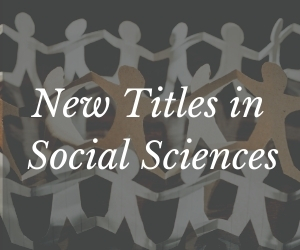This anthology, consisting of two volumes, is intended to equip background researchers, practitioners and students of international mathematics education with intimate knowledge of mathematics education in Russia.
Volume I, entitled Russian Mathematics Education: History and World Significance, consists of several chapters written by distinguished authorities from Russia, the United States and other nations. It examines the history of mathematics education in Russia and its relevance to mathematics education throughout the world. The second volume, entitled Russian Mathematics Education: Programs and Practices will examine specific Russian programs in mathematics, their impact and methodological innovations. Although Russian mathematics education is highly respected for its achievements and was once very influential internationally, it has never been explored in depth. This publication does just that.
Sample Chapter(s)
Introduction (30 KB)
Chapter 1: On the Mathematics Lesson (192 KB)
Contents:
- On the Mathematics Lesson (Alexander Karp & Leonid Zvavich)
- The History and the Present State of Elementary Mathematical Education in Russia (Olga Ivasheva)
- On the Teaching of Geometry in Russia (Alexander Karp & Alexey Werner)
- On Algebra Education in Russian Schools (Liudmila Kuznetsova, Elena Sedova, Svetlana Suvorova & S Troitskaya)
- Elements of Analysis in Russian Schools (Mikhael Jackubson)
- Combinatorics, Probability, and Statistics in the Russian School Curriculum (Evgeny Bunimovich)
- School with an Advanced Course in Mathematics and Schools with an Advanced Course in the Humanities (Alexander Karp)
- Assessment in Mathematics in Russian Schools (Alexander Karp & Leonid Zvavich)
- Extracurricular Work in Mathematics (Albina Marushina & Maksim Pratusevich)
- On Mathematics Education Research in Russia (Alexander Karp & Roza Leikin)
Readership: Mathematics education scholars and professors, teachers and investigators concerned with Russian mathematics education and its achievements.























